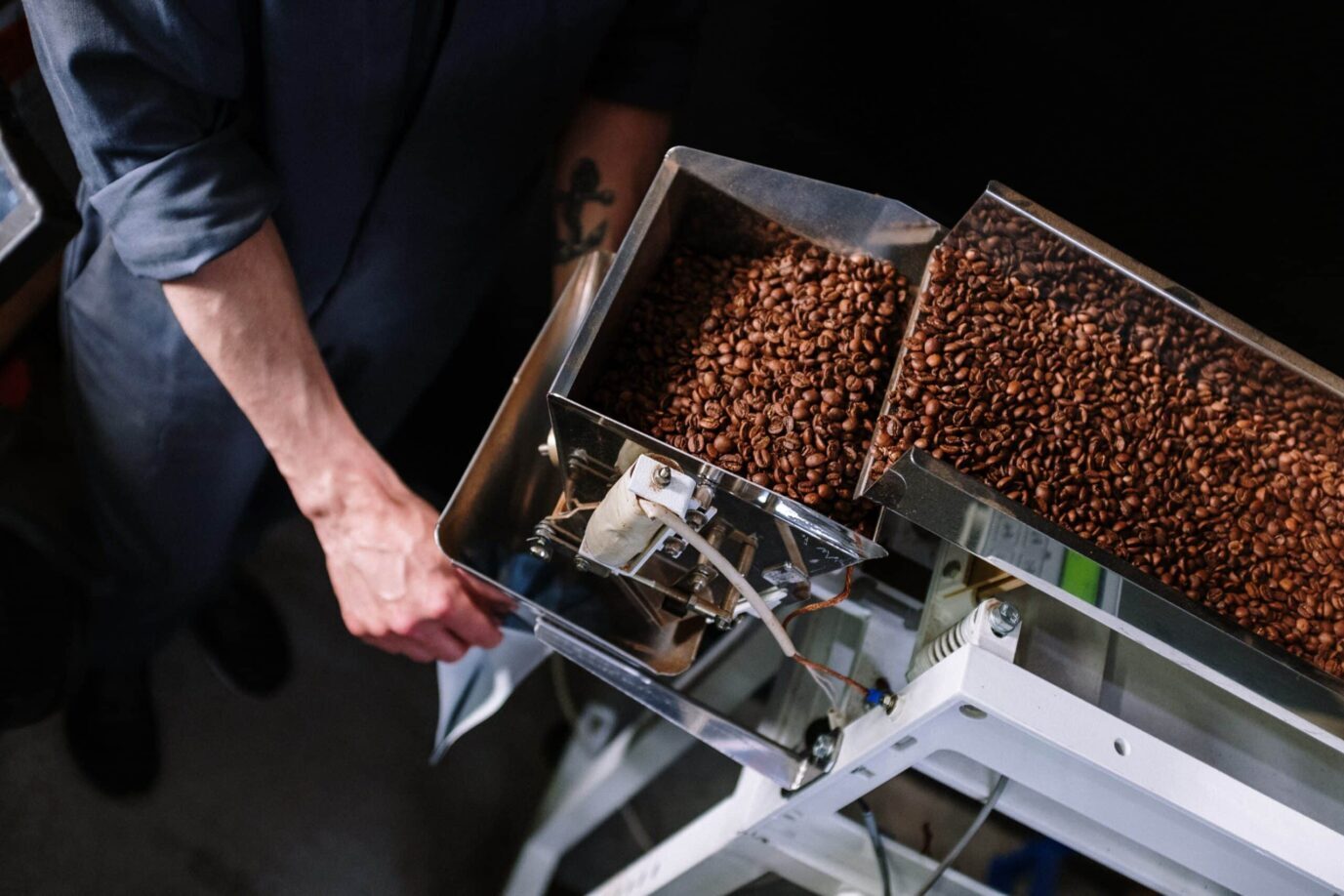July 28, 2022
Specialty vs. Commodity Coffee. What’s the Difference?

If you are new to coffee or have been a long-time coffee lover you are probably aware that there is a difference between the coffee you buy at a roastery or local shop versus most of the options you find at a large grocery store chain. But what is the difference? It comes down to three things: quality, harvesting, and the effect on farmers. Read on to hear why knowing where your coffee comes from is essential not only for your own coffee enjoyment but also to understand the impact each kind has on the coffee industry as a whole.
The Difference
Think of it this way… Commodity coffee is the RC Cola of coffee — generic, cheap, and low quality. For many coffee enthusiasts, commodity coffee usually tastes bitter and plain and requires a substantial amount of cream and sugar to make it palatable. Specialty coffee, on the other hand, has a natural sweetness and great flavor without adding any additional condiments.
Yield and Quality
Commodity coffee is grown to prioritize yield over quality resulting in a flatter, more bland flavor. Quality and yield are determined by two major environmental factors, sunlight and elevation. Many commodity coffees are grown in large, full-sun environments while research shows that coffee is better grown in shady environments. A shadier environment will replace the need for fertilizer and pesticides making the coffee growing process more eco-friendly and cost-effective for the farmer. However, shade-grown coffee often doesn’t yield the same amount of coffee cherries. Due to this low yield, many farmers opt to stick with a full-sun area for planting.
Specialty coffee, or as some call it ‘craft coffee’, is typically grown on farms that provide large areas of shade from the sun and higher elevations for seed planting. Farms on higher elevations slow down the maturation of the coffee beans thus providing better flavor.
Strip Picking vs. Hand Picking
There are many common ways that coffee cherries are picked from trees. Some farmers use machines, some strip pick by hand, and others wanting to produce craft-grade coffee selectively hand pick their coffee cherries.
Strip picking, usually done by hand or with an instrument, is the practice of removing all coffee cherries from the tree for harvesting at the same time, even if they are not all fully ripe. Similarly, machines strip the coffee tree of all cherries unable to determine the specific ripeness of each cherry picked.
Selective hand picking ensures that only the best and most ripe cherries are removed from the tree. Attention to detail and quality is vitally important for specialty coffee production at all phases of the harvesting process. To ensure that the coffee produced is the highest grade, most specialty coffee farmers pick their coffee cherries by hand. This method of picking includes multiple passes through the farm to pick only the cherries that are fully ripe and free of defects on each pass. After multiple rounds of picking, each berry is then sorted by hand to again ensure that all unripe or defected cherries are eliminated. Only the best beans of uniform size and quality are then bagged and exported to roasters.
Farmers
Finding the balance between productivity, profitability, and quality is crucial for every coffee farmer. This is often not an easy balance to find and can encourage many farmers to resort to harvesting only commodity coffee as it can be the easiest way to make money. Farmers of commodity coffee receive the lowest price for their coffee, needing to produce and sell much more than a craft coffee farmer.
Numa Coffee
Here at Numa Coffee, coffee farmers and their families are at the forefront of our mission. It is important to us that we not only serve the best, craft coffee but also pay the farmers that produce our coffee a proper, liveable wage.
Our vision as a company is, “to become known as the model for improving the lives of farmers who grow our coffee along with providing hubs of winsome and positive influence in every major community around the globe.”
We would love you to join us on this journey to make the world a better place by serving great coffee.
